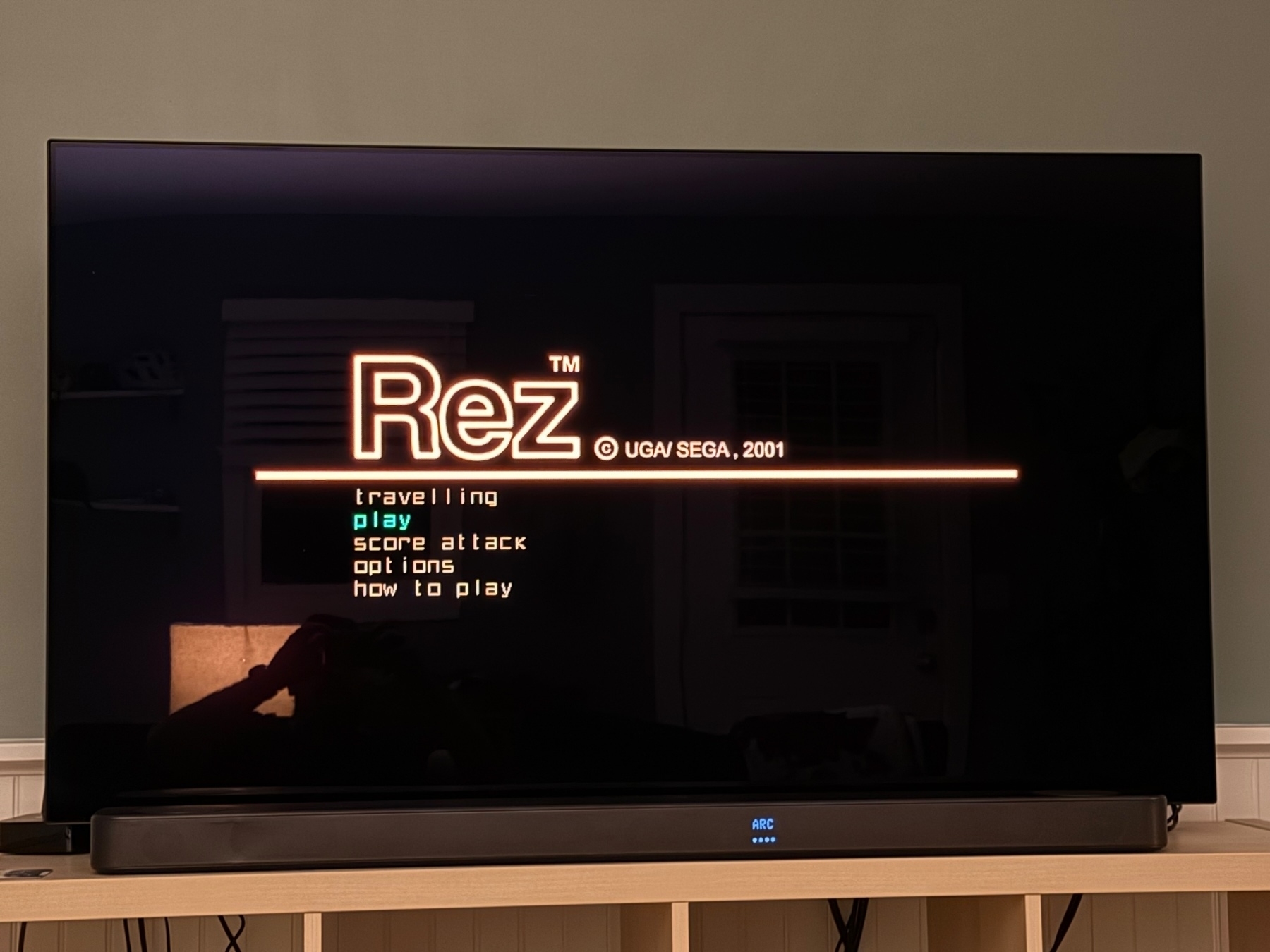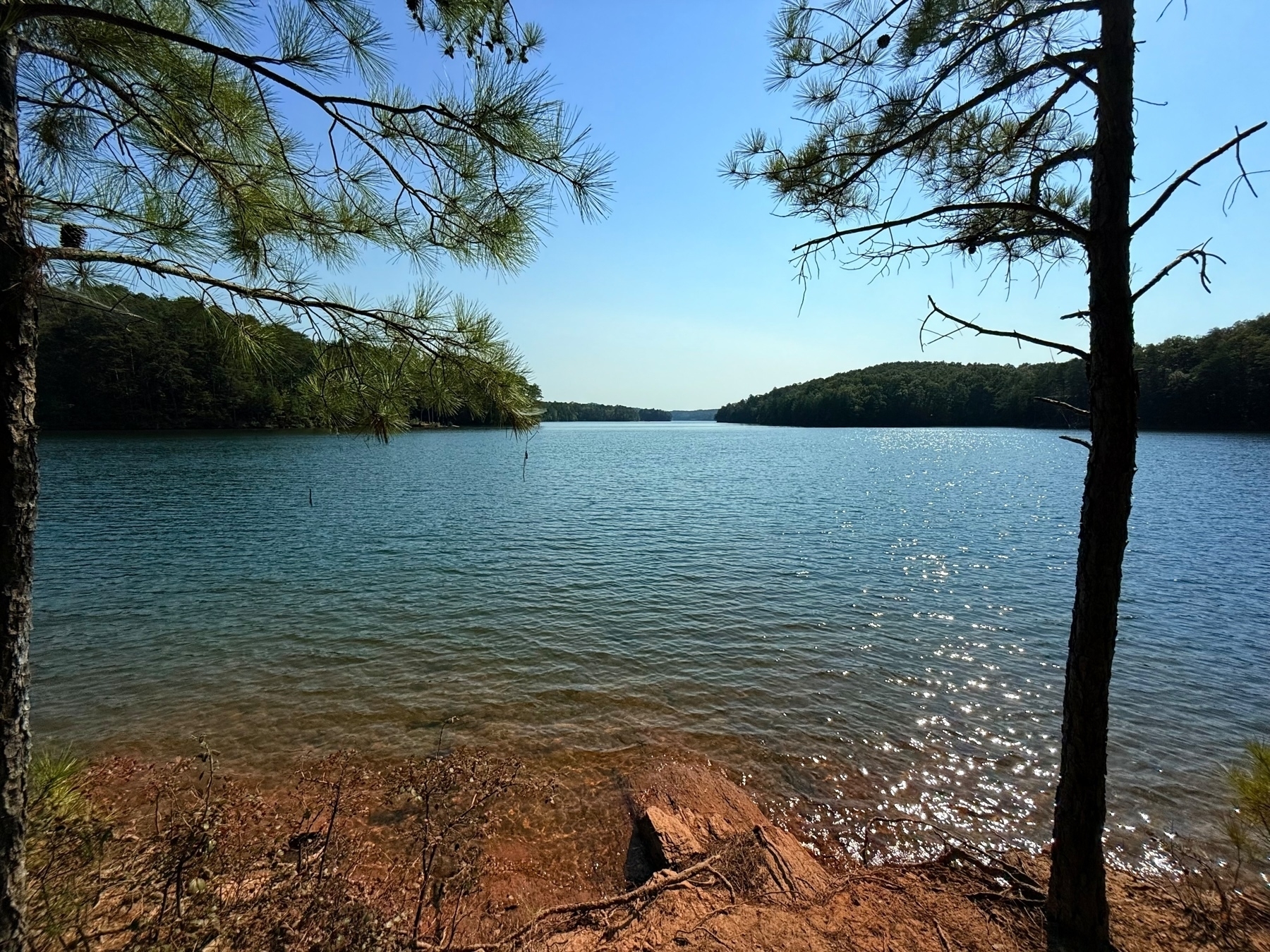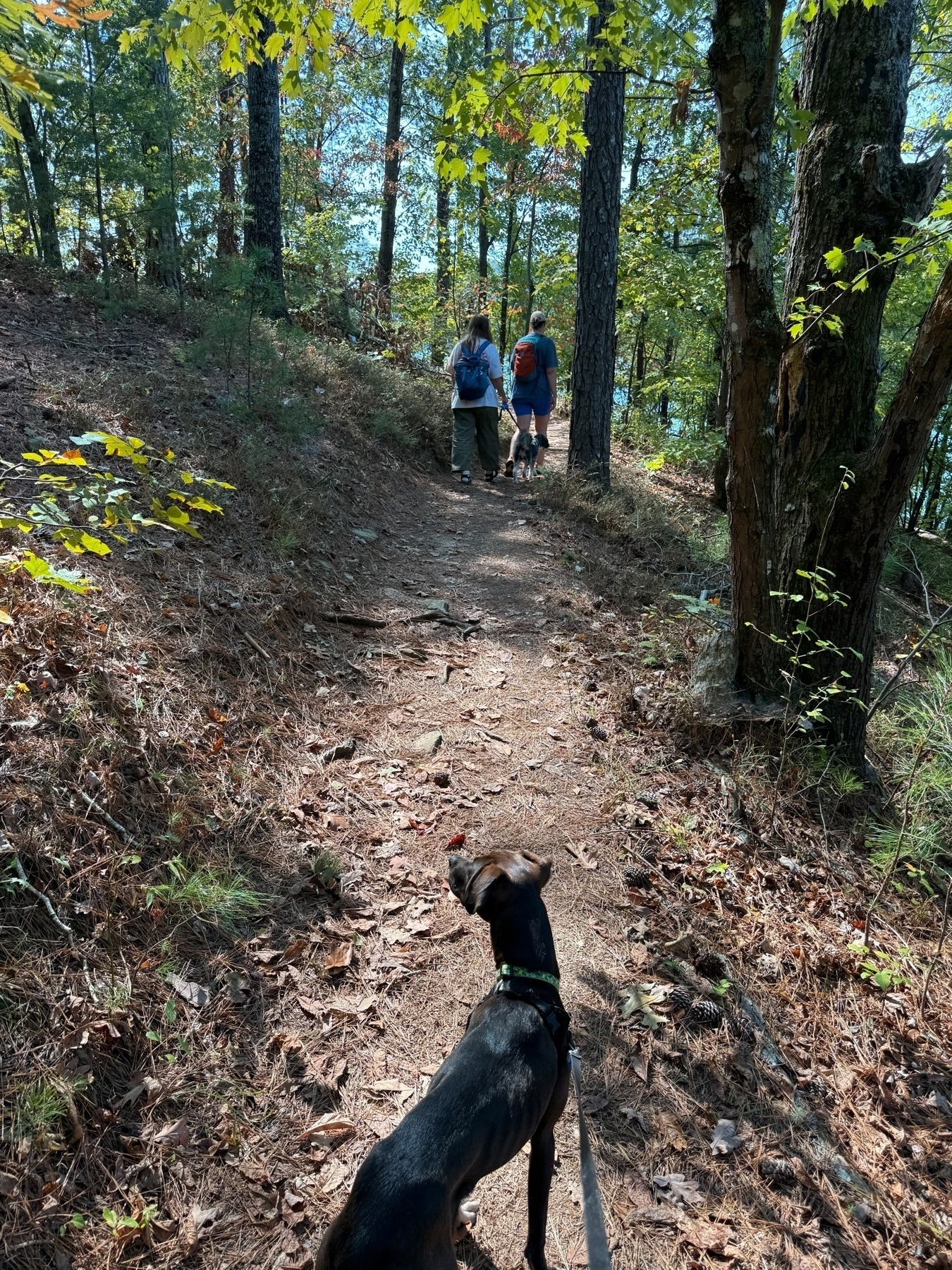-
Atlanta United! I can’t believe it!! ⚽️
-
And, of course, I’m thinking about potentially purchasing new camera gear…What do folks think of the Fujifilm X100VI? What appeals to me about it is a relatively compact format, with a viewfinder, and great color processing without much need for post editing. 📷
-
After a long time away, I’m getting back into Glass for photo sharing. Check out my profile!
-
Shenmue on Dreamcast
Shenmue is one of the first games that I’m revisiting on my Dreamcast. Originally released in 1999, Shenmue is an open-world RPG/life simulation set in 1980s Japan. It was the most expensive game ever developed at the time and I think it shows.

When I originally played Shenmue, I remember being blown away by the level of detail and that every NPC has voiced dialogue (the English voice actors weren’t great…but I don’t think I cared much at the time). The world has a realistic day/night cycle and people and shops follow realistic patterns. Sometimes, you’ll need to enter a shop or restaurant and it doesn’t open until a certain time, but unlike a lot of modern games you can’t enter a menu and pass the time. Instead, you must wait or kill time in game. Thankfully one of the early areas has an arcade where you can spend in-game money to play classic Sega games like Space Harrier (which was also developed by Shenmue’s designer, Yu Suzuki).
Playing Shenmue today, I think the graphics and game design holds up fairly well. But it’s definitely a different approach to games of this type. The pace is slow. You have no choice but to be patient at times. There’s also no map in the menus or HUD. Instead, you must find maps in the game world and figure out how to navigate from that. The controls feel a bit awkward, for some reason forcing you to use the d-pad for movement while the analog stick serves as a sort of first person view camera movement input.
There’s several more modern ways to play Shenmue, but I’m happy that I can revisit the original on real hardware. And with the mods installed in my DC, it looks better than it ever did in 1999!
-
Came here to say something insightful about the election. But instead the only thing I can manage to say right now: fuck this.
-
The Dreamcast is back after 25 years
I’m now the proud owner of the Sega Dreamcast…again! I was lucky enough to get one on launch day 25 years ago on 9/9/99. And now, I’ve decided it’s time to own one again.

However, this console has been modded in several important ways. First, it has a HDMI port added. This taps directly into the GPU’s output allowing for 1080p display. Second, the disk drive has been swapped with a SD card reader. This allows you to play backups and should be much more reliable going forward than a spinning disk drive.
It arrived just in time to serve as a perfect distraction!

A game of Rez anyone? Looks fantastic on my OLED tv, by the way.
I’m also looking forward to replaying Shenmue and old Resident Evil games.
-

Savannah, GA
-
Caved and installed 18.1 on my phone and got access to Apple Intelligence. Is Apple really Intelligent? Time will tell, I suppose.
-
⚽️ Wow, Atlanta United is continuing this season by the skin of their teeth! ⚽️
-
Looking for suggestions of good YouTube channels featuring video taken out in the field. I’m a little tired of the talking head format. Anything science or environment related would be great!
-

Visiting with family in Ocala, Florida.
-
Unexpected find: new favorite apple review website Apple Rankings
-
So first of all, this mashup of LCD Soundsystem’s New York, I Love You But You’re Bringing Me Down and a recording of Miles David from his Elevator to the Gallows score is just great to listen to musically. But the, let’s call it choreography, is brilliantly spare: a pair of YouTube videos pulled up side-by-side in a now-ancient Safari browser and pressing play to sync them by hand — jazz-like, improvisational.
Just great!
-
This conduit is anti-lock-in, it works for nearly the whole internet. It is surveillance-resistant, far more accessible than the web or any mobile app interface. It is my secret super-power.
It’s RSS.
I’ve gone back to RSS in a big way, and it’s been great! There’s so many benefits, as Cory lays out. I highly recommend giving it a try!
I’m so deep that I’ve been building my own feed reader, maybe more on that someday…
-
Dario Amodei — Machines of Loving Grace
I think and talk a lot about the risks of powerful AI. The company I’m the CEO of, Anthropic, does a lot of research on how to reduce these risks. Because of this, people sometimes draw the conclusion that I’m a pessimist or “doomer” who thinks AI will be mostly bad or dangerous. I don’t think that at all. In fact, one of my main reasons for focusing on risks is that they’re the only thing standing between us and what I see as a fundamentally positive future. […] In this essay I try to sketch out what that upside might look like–what a world with powerful AI might look like if everything goes right.
Very interesting article from the head of Anthropic about what benefits we might see if powerful AI is created.
I hope something close to this is the version of the future we get, rather than Terminator.
-
A few more from the hike.


-
Hiking in North Georgia in perfect weather. The Joro spiders were out in force.



-

-
Wasm is the new CGI | Roborooter.com
I read a wonderful twitter thead about CGI and the birth of the web and this triggered a thought I’ve been kicking around. “Wasm is the new CGI”
Good article. Web server technology is an area of interest for me, and I think the author is right: Wasm is positioned to be the next big thing in this space. I think it’s just a matter of time before the tooling and platforms are mature enough for wide adoption.
Also, don’t miss the Twitter thread about CGI and the birth of the web. This was a great walk through history. As someone who’s been working in this space for a long time, it was so fun to see this look back at the history and the impact this technology had. I basically owe my career to CGI!
-

Hurricane Milton from space via the NASA Johnson Flickr.